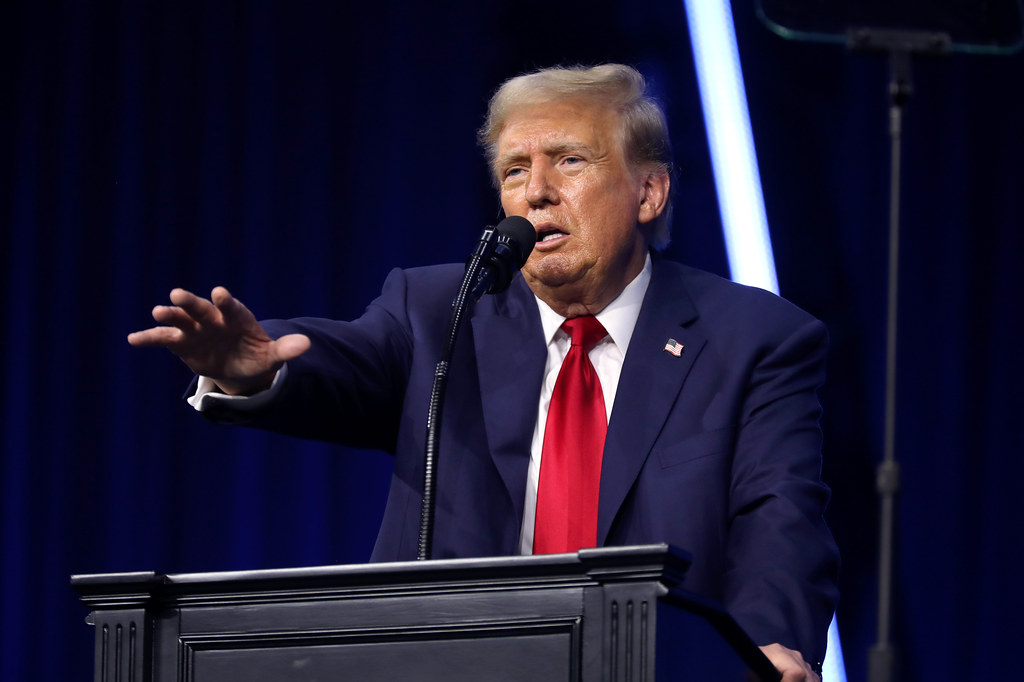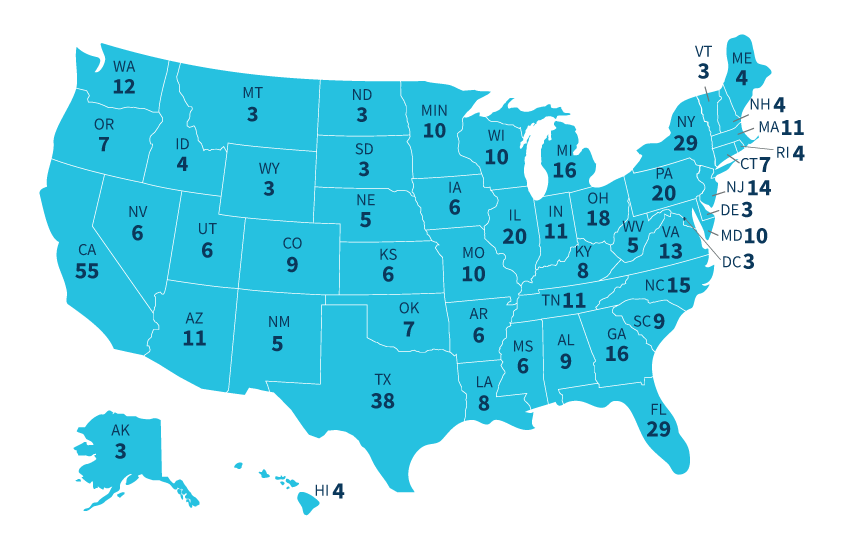Article By: Matt McQuaid
College campuses have long been the one place where the marketplace of ideas can thrive. Whenever the first amendment has come under fire throughout the history of the United States, academia was the chapel where unpopular ideas claimed sanctuary. Recently, however, Governor Deval Patrick has decided that his political future in the state is more important than the right of radical voices to be heard on campuses. This type of behavior is unacceptable in a civilized democracy and Governor Patrick should apologize for his actions.
Unpopular speakers having events cancelled on college campuses are unfortunately not uncommon occurrences as of late. Last spring, Bill Ayers, the former weatherman who was allegedly connected to Obama, had an event cancelled at Boston College. This past October, Harvard University uninvited James W. Gilchrist, founder of the Minuteman Project, a hard-line vigilante group known for sending armed civilians to patrol the Mexican-American border.
The most recent assault on campus speech, however, is particularly troubling because it comes from the State. Recently, Patrick tried to bar Raymond Luc Levasseur from speaking at UMass Amherst. Levasseur was the leader of the radical United Freedom Front, a group linked to 20 bombings, including a 1976 bombing of a Suffolk County Courthouse. The UFF was also linked to the killing of a New Jersey State Trooper and the attempted assassination of two Massachusetts State Police Officers.
First and foremost, this is purely a political ploy on behalf of the governor. Patrick has had a tumultuous first term and faces a tough re-election campaign. Pulling a stunt like this is purely in the interest of appealing to more conservative-minded voters in the Bay State. It should also be noted that a number of groups representing police across the state have been vehemently opposed to Levasseur’s appearance at UMass. Patrick could be attempting to court favor with them as well.
Many have protested that the reason this is different from other cases of campus censorship is because UMass is a state-funded school and Massachusetts taxpayers shouldn’t have to pay for an appearance by an alleged terrorist. Does this mean every speaker should be censored if the taxpayers of Massachusetts don’t agree with their particular actions or ideas?
Why should students that attend private colleges have access to ideas that students at state colleges don’t? Does this mean every campus event at a state-funded school should be pre-approved by the government? Whether or not a school is funded by tax dollars is irrelevant, students should have equal access to the marketplace of ideas, regardless of what institution they attend.
Finally, the University of Massachusetts deserves credit for not caving into demands from police groups and Governor Patrick. UMass has shown courage in its commitment to academic freedom, courage notably not displayed by the private institutions of Boston College and Harvard University. Unpopular ideas will always need a place where they can be heard, and when other venues shut them out, they turn to academia. UMass is smart enough to know that the marketplace of ideas takes precedence over political pressure bred from a heated re-election campaign.







